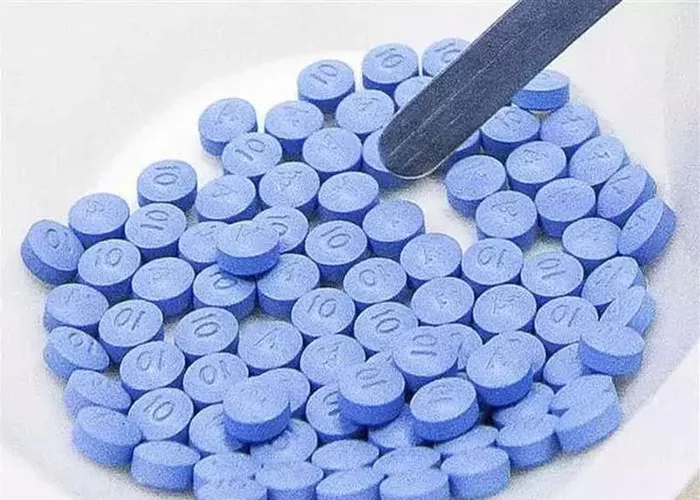The rise of weight-loss medications like Ozempic and Mounjaro has sparked a national conversation about their role in combating obesity and related health conditions. While some view these drugs as a luxury for vanity’s sake, experts argue that their potential to save lives is far more significant. According to Yale epidemiologist Dr. Alison Galvani, weight-loss drugs could be a critical tool in fighting the obesity epidemic, which affects more than 40% of Americans and increases the risk of cardiovascular disease, diabetes, and several cancers.
A recent study led by Galvani and her colleagues, published in Proceedings of the National Academy of Sciences, explores the public health benefits of making these medications more accessible. The researchers estimate that eliminating financial and insurance barriers could prevent over 42,000 deaths each year by providing weight-loss drugs to all medically eligible individuals—those with diabetes, obesity, or near-obesity combined with other health conditions.
A Life-Saving Opportunity
The study highlights the disproportionate burden of obesity on lower-income communities, where access to quality healthcare and insurance is often limited. By expanding access to weight-loss medications, which are currently out of reach for many due to their high cost, the researchers suggest that thousands of lives could be saved. Obesity-related diseases claim a staggering number of lives each year, and the team’s findings offer a path to reducing these preventable deaths.
The study also looked at the number of people eligible for these medications, what proportion would likely use them if financial obstacles were removed, and how many would achieve weight reductions that could move them out of the high-risk BMI categories for obesity and severe obesity. The results indicated that broad access to these drugs would prevent more than 42,000 deaths annually, a significant public health victory.
Current Limitations and Potential Solutions
Currently, weight-loss drugs are primarily available to those with private insurance, who account for the majority of the expected 8,592 lives saved each year. However, for millions of uninsured individuals and those on Medicaid or Medicare, the cost—often upwards of $1,000 per month—makes these drugs financially inaccessible.
Dr. Galvani acknowledges that the current pricing model makes widespread access infeasible for many Americans, but she remains optimistic. She points to early bipartisan efforts aimed at reducing drug costs, noting that lowering the prices of weight-loss medications could ultimately save money by preventing long-term health conditions such as diabetes and heart disease.
“We have hope that through policy changes and price reductions, we can open the door for more individuals to benefit from these life-saving medications,” Galvani says.
Looking Ahead
As the debate over the accessibility and affordability of weight-loss drugs continues, the study’s findings underscore the potential impact of these medications on public health. Making them available to all who are eligible could not only save thousands of lives but also reduce the financial burden of treating obesity-related diseases. With ongoing efforts to address healthcare equity, there is growing hope that these medications will one day become accessible to all who need them.
Related Topics:
Weight Loss Surgery Not a Shortcut to Body Enhancement
Major Study on Weight-Loss Injections Shows Benefits and Risks


